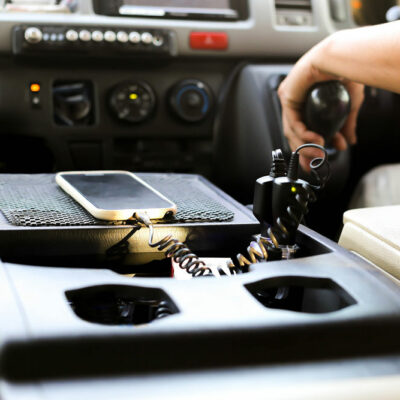
The Do’s And Don’ts for Keto Dieting
If you are in the market for a dieting technique that is extreme yet impactful, then you should consider the ketogenic diet. The ketogenic diet is a high-fat, low to no-carb diet that shares similarities with other low carb diets like the Atkins diet. The result of a no-carb diet allows your body to reach a state called ketosis, where the metabolism will burn fat for energy. Here are some of the key considerations to make to effectively be in ketosis:
1. Do: Drink a lot of water
If you are prone to consuming a lot of drinks that are not water, then it may be advisable to reverse this trend and consume nothing but water or unsweetened drinks. Sugar is one of the culprits in the beverage world that is a carbohydrate that often gets forgotten. Sugary drinks not only work against achieving ketosis but actively can dehydrate the body. Like any other marketed diet, it is obvious that drinking a lot of water clears toxins of the body and does not add unnecessary calories.
2. Do: Plan your meals ahead of time
While a high fat, no-carb diet may seem simple, you will find when you go to the grocery store that there are limited options of high fat low carb meals. While protein is important, the key to a ketosis diet is to supply your body with an energy source while burning excess fat. Therefore, just eating protein will not achieve this. Focus on things like cheese and Greek yogurt, legumes, and fatty fish and eggs. If you like meat, go for a fattier cut of beef like a rib-eye steak. Bacon is great too if you like pork based products. While these are some great examples, it is important to know you will likely have to stock up on only five percent of materials you find in a grocery store.
3. Don’t: Change your diet to quickly
While this diet should have great results, it is important to ease yourself into a diet like this. First, your body may not process a high fat diet right away and a lot of fat too soon can overwork the kidneys. Some patients who have diabetes are medically prescribed a ketosis diet to prevent serious kidney disease. But a kidney may be sensitive to a body turning over to a state of ketosis. In the first two to seven days, your body will be making this transition and will make you feel sick, having common flu-like symptoms. This is sometimes referred to as the keto flu. It is important to be disciplined yet patient, as once your body passes this state it should begin to reach a metabolic state of ketosis.
4. Don’t: Lose patience
Once your body reaches a state of ketosis, you should start to notice a good change to your energy levels and body dimension. If you are overweight, you should start to notice losing a few pounds per week. You also should start to notice that the keto flu has passed and has lots of energy. This diet is not just about weight loss but adjusting to a new lifestyle that should allow your body to create energy more effectively. Those who are patient and committed will have promising results.


